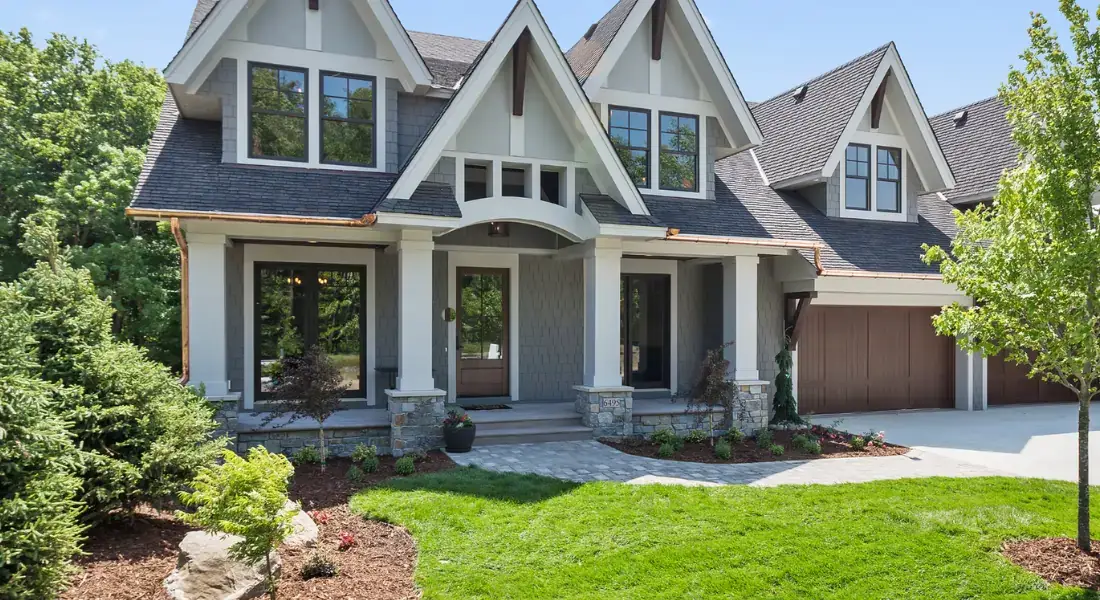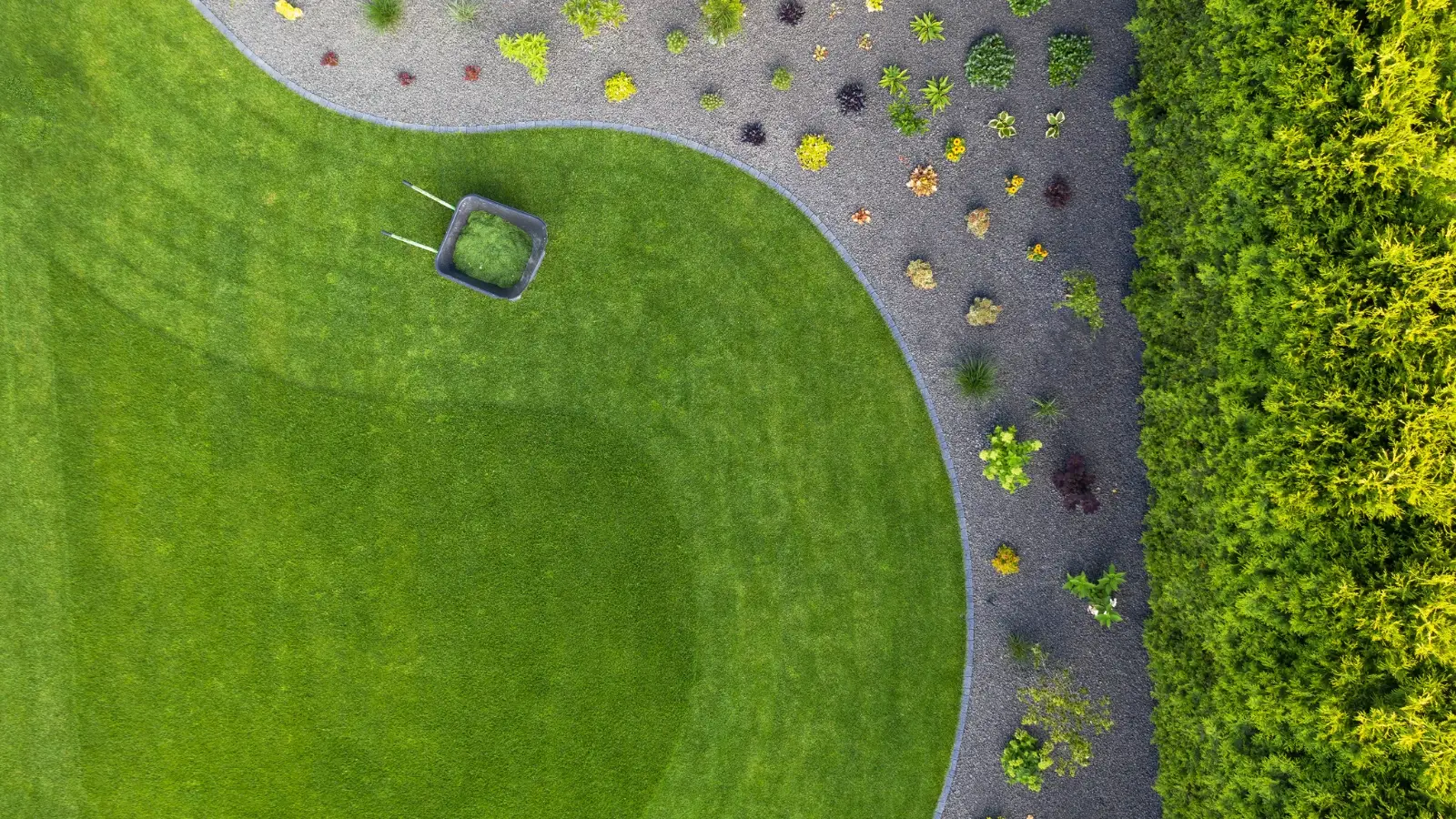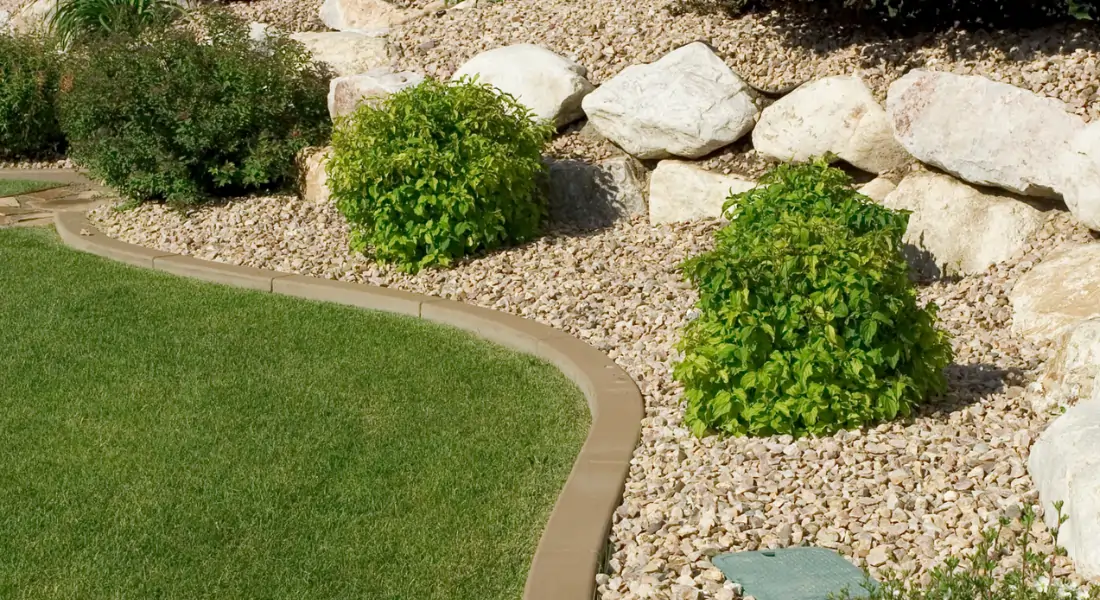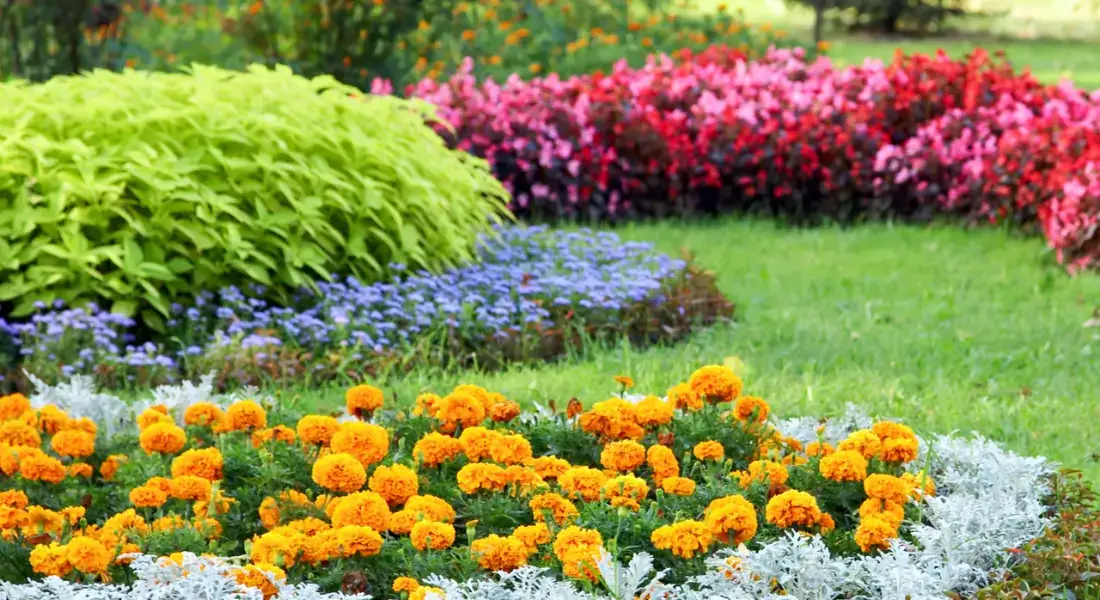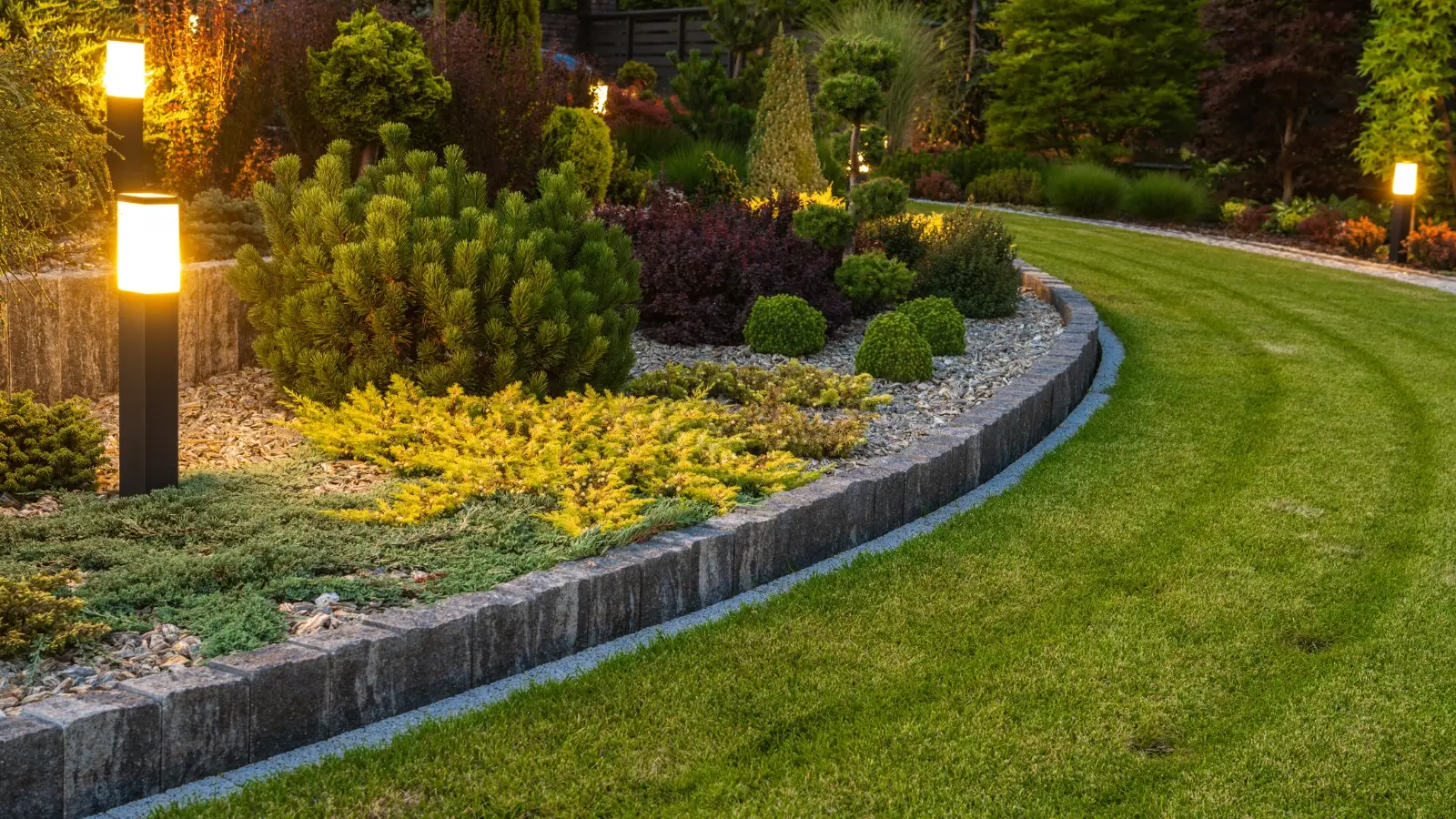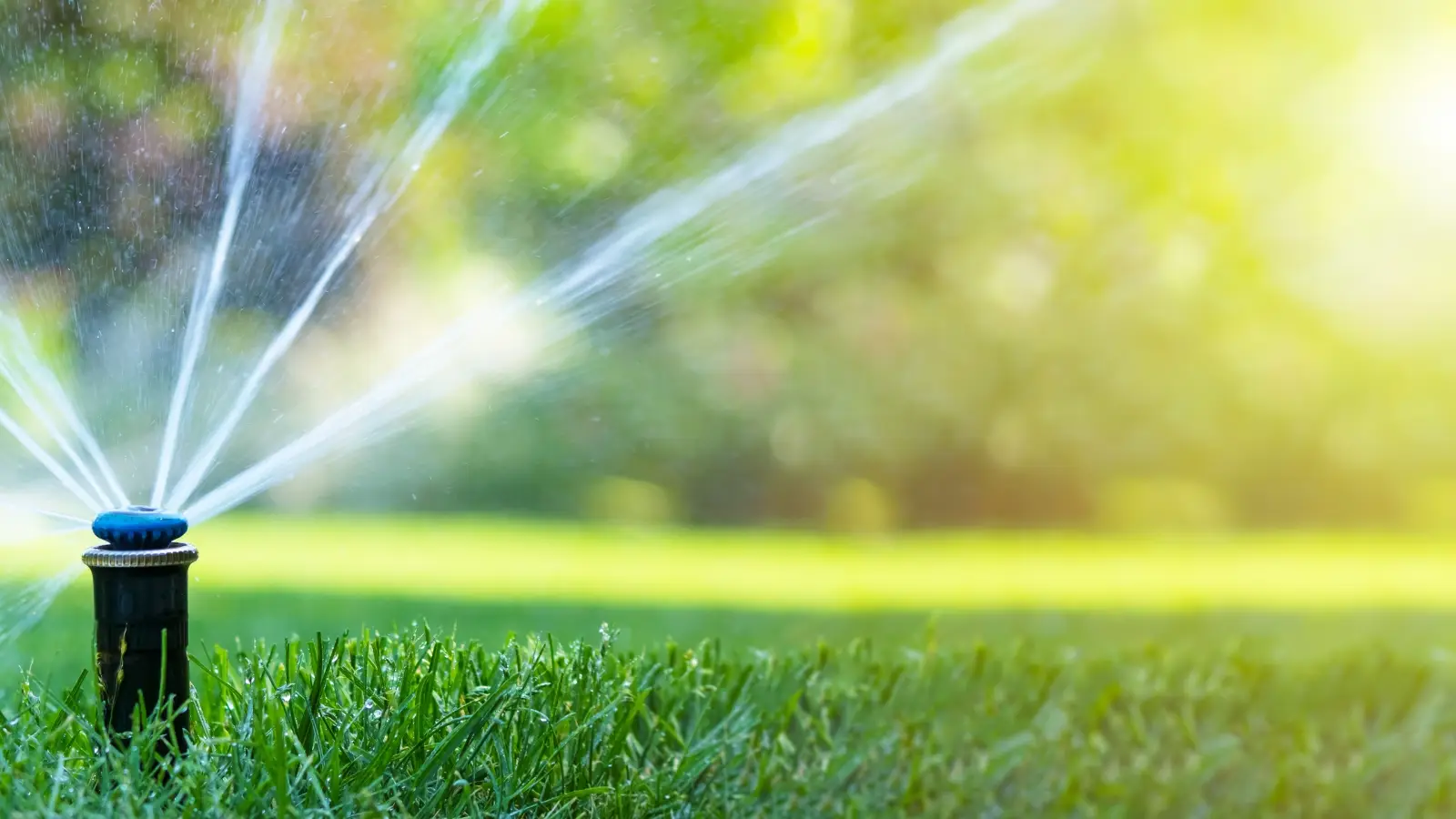A well-designed landscape can completely transform your outdoor space boosting curb appeal, property value, and everyday enjoyment. But creating a beautiful, functional yard isn’t just about planting a few flowers or laying down fresh sod. Without a clear plan and proper execution, it’s easy to fall into some common landscaping traps.
Whether you’re taking a DIY approach or working with a contractor, here are the most frequent landscaping mistakes homeowners make and how to avoid them.
1. Skipping the Planning Phase
The mistake:
Jumping into a landscaping project without a solid plan.
Many people begin by planting what looks good at the store or mimicking a neighbor’s yard, only to realize later that things don’t work well together or don’t suit the space.
How to avoid it:
Start with a landscape design plan. Consider how you’ll use the space (entertaining, gardening, kids’ play), sun and shade patterns, drainage, and your desired style. Sketch it out, or better yet, consult a professional designer for help with layout, plant selection, and functionality.
2. Ignoring Your Climate and Soil Type
The mistake:
Choosing plants or turf that aren’t well-suited for your local conditions.
Trying to grow thirsty tropical plants in a dry climate or placing sun-loving shrubs in full shade is a recipe for frustration (and dead plants).
How to avoid it:
Use native or climate adapted plants that naturally thrive in your region. Test your soil to understand its pH, drainage, and composition. Knowing what you’re working with will guide plant selection and reduce maintenance.
3. Overplanting (or Underplanting)
The mistake:
Cramming too many plants into a space or spreading them too far apart.
Overplanting leads to crowding, disease, and high maintenance. Underplanting results in a sparse, underwhelming look.
How to avoid it:
Follow plant spacing guidelines and consider mature size, not just how they look in the pot. Use layering principles taller plants in the back, shorter in front and give each plant room to grow naturally.
4. Neglecting Curb Appeal
The mistake:
Focusing only on the backyard and ignoring the front yard your home’s first impression.
Curb appeal not only affects resale value but also sets the tone for your property.
How to avoid it:
Invest in front yard landscaping:
- Add a focal point like a tree, walkway, or flower bed
- Keep entryways clear and well lit
- Use edging and mulch to create clean lines
Even small upgrades (like a potted plant or new house numbers) can make a big difference.
5. Poor Drainage Planning
The mistake:
Failing to consider how water flows across your yard.
Water pooling near foundations, patios, or in planting beds can cause serious problems including plant death and structural damage.
How to avoid it:
Before planting or building anything, assess how water moves on your property. Solutions might include grading, French drains, rain gardens, or dry creek beds. Good drainage protects both your plants and your home.
6. Choosing High Maintenance Plants (Unknowingly)
The mistake:
Selecting plants that require constant pruning, watering, or pest control.
What starts as a “low effort project” can become overwhelming if your landscape needs constant attention.
How to avoid it:
Opt for low maintenance perennials, ground covers, and shrubs. Ask about pest resistance, water needs, and growth rate. Also, limit lawn area if you don’t want to mow every week.
7. Improper Mulching
The mistake:
Piling mulch too high or too close to plant stems and tree trunks.
This leads to root rot, pest issues, and weak plants often referred to as the dreaded “mulch volcano.”
How to avoid it:
Spread mulch 2–3 inches deep, leaving space around trunks and stems to allow air circulation. Mulch conserves moisture, suppresses weeds, and gives beds a tidy look but only when used correctly.
8. Neglecting Seasonal Interest
The mistake:
Designing a yard that only looks good in one season.
A landscape filled with spring flowers might look bare in fall or winter, making your yard feel lifeless for much of the year.
How to avoid it:
Choose a mix of plants that bloom at different times and offer year round interest:
- Spring: tulips, daffodils, flowering trees
- Summer: hydrangeas, coneflowers, ornamental grasses
- Fall: mums, sedum, trees with colorful foliage
- Winter: evergreens, red twig dogwood, hardscape features
Also consider lighting and texture to bring your landscape to life even in the off-season.
9. Forgetting About Irrigation
The mistake:
Installing plants without a plan for how they’ll be watered.
Dragging a hose around every few days gets old fast and inconsistent watering can stress plants.
How to avoid it:
Install a drip irrigation system or soaker hoses for efficiency. Group plants with similar water needs together. Smart irrigation controllers can adjust watering based on weather and soil moisture, saving time and water.
10. Overlooking Hardscape Balance
The mistake:
Either overdoing hardscaping (patios, walls, pathways) or not including enough structure.
Too much concrete or stone can make your yard feel cold and uninviting. Too little hardscape, and it may lack functionality or flow.
How to avoid it:
Strive for a balance of hardscape and softscape (plants, lawns). Use hardscape to define spaces like dining zones, fire pits, or walkways but soften with greenery and organic shapes.
Final Thoughts
Great landscaping is both an art and a science. Avoiding these common mistakes will help you create a yard that not only looks good but functions beautifully all year long.
By taking the time to plan, choosing the right plants, and thinking long-term, you’ll set yourself up for a landscape that thrives with minimal stress. Whether you’re starting from scratch or upgrading an existing yard, these tips will help you avoid costly missteps and enjoy your outdoor space to the fullest.
